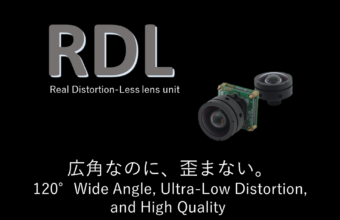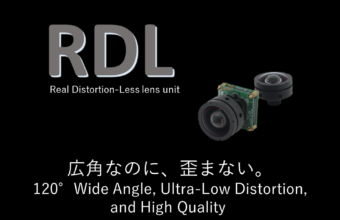What materials are used for plastic lenses?
TOYOTEC mainly handles moulding resin materials for optical applications. Typical examples include the following materials.
【Examples】
PMMA (acrylic resin)
PMMA, commonly referred to as acrylic, is characterized by its excellent transparency and weather resistance, good mechanical strength, and high surface hardness. It is sometimes called “”organic glass”” because of its excellent surface luster and the ability to be freely colored. The material is often used in optical lenses because it transmits more lighter than glass and has a low refractive index. In addition to such excellent strength and transparency, it has excellent weather resistance and does not deteriorate outside. However, it also has the disadvantage such as high-water absorption, the refractive index changes with water absorption, and low heat resistance.
PC (Polycarbonate)
It is an engineering plastic with high transparency and the highest shock resistance of all plastics.
It is as transparent as glass, and has the second highest transparency after acrylic resin. It has low water absorption and low shrinkage during molding, which gives it excellent dimensional stability, but COC and COP are preferred for some products because of their high birefringence.
COC (Cyclo-olefin copolymer)
This is a cyclic olefin copolymer made by the addition polymerization of two monomers, norbornene and ethylene unit. It is characterized by its high rigidity, high transparency (equivalent to that of acrylic resin) and high optical properties (high transparency and low birefringence). They have excellent properties for optical components.
COP (Cyclo-olefin polymer)
A cyclic olefin polymer produced by ring-opening polymerization of cyclopentadiene monomer and stabilization by hydrogenation.
It has the same transparency as acrylic resin and the lowest level of water absorption among plastics. It is suitable for precision molding because it has excellent dimensional stability even in high humidity and almost no warping or deformation of molded products.
In addition to the above resin materials, we also deal the latest high-functionality and high refractive index materials, so please feel free to contact us for more information about plastic lens materials.
 JP Phone: 0533-85-3000
JP Phone: 0533-85-3000




